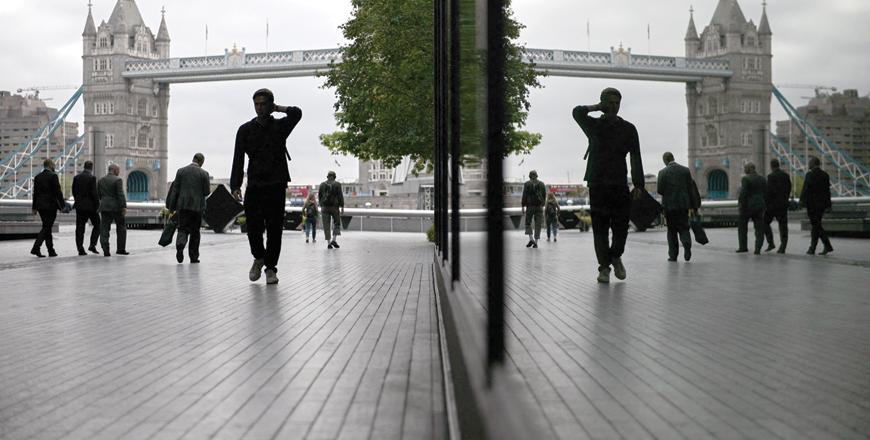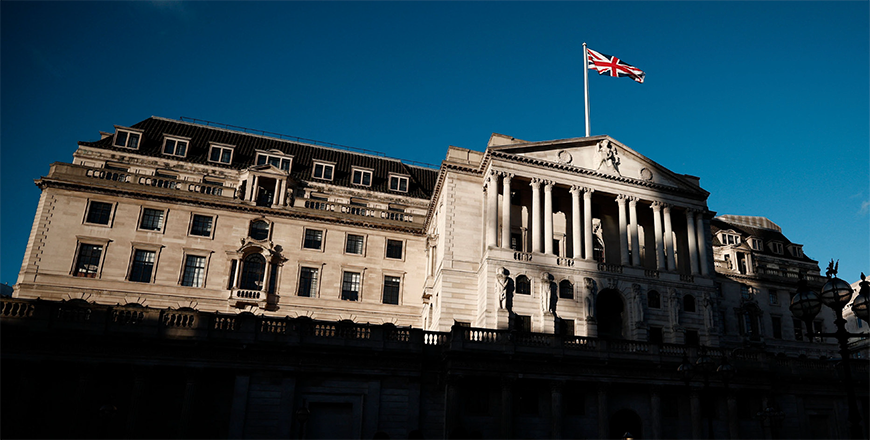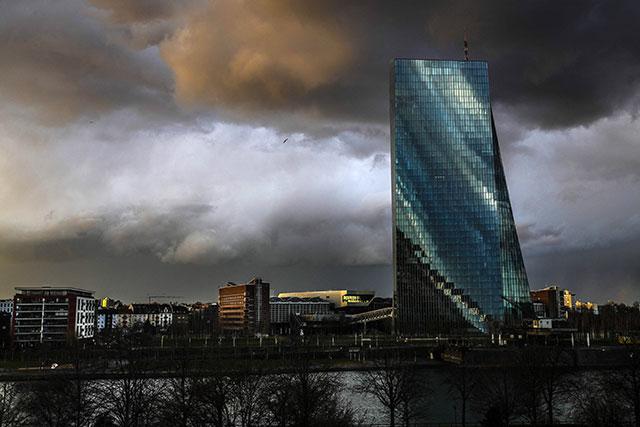You are here
UK inflation strikes nine-year peak as economy reopens
By AFP - Sep 15,2021 - Last updated at Sep 15,2021

Pedestrians are reflected in the window of a building as they walk near Tower Bridge in London on Wednesday (AFP Photo)
LONDON — British annual inflation spiked in August to a nine-year peak on the reopening economy, but last year's figure had been skewed by a restaurant discount scheme, official data showed on Wednesday.
The Consumer Prices Index (CPI) soared to 3.2 per cent, the highest level since March 2012, the Office for National Statistics (ONS) said in a statement.
That marked a record acceleration from 2 per cent in July, but the ONS cautioned that the uplift would be temporary.
Global markets have seesawed this year over concerns that central banks will end COVID support measures to tame inflation, but policymakers insist price hikes would be short-lived.
The Bank of England (BoE) has however warned inflation would strike 4 per cent — double its target — in the fourth quarter on reopening economies and a global supply crunch that was sparked by the pandemic.
Record rise
"August saw the largest rise in annual inflation month on month since the series was introduced almost a quarter of a century ago," said ONS statistician Jonathan Athow.
"However, much of this is likely to be temporary as last year restaurant and cafe prices fell substantially due to the 'Eat Out To Help Out' scheme, while this year prices rose."
Inflation in August 2020 had been depressed by the discount scheme and temporary tax cuts aimed at boosting the COVID-hit economy.
"The vast majority of August's rise was due to comparisons with a weak 2020, with last August having seen both the VAT cut for the hospitality sector and the Eat Out to Help Out scheme," noted EY economist Martin Beck.
The ONS added on Wednesday that manufacturers are experiencing huge cost rises.
Raw materials surged 11 per cent in the year to August, up from 10.4 per cent in July.
The UK's economic recovery is flattening as a result of the stubborn pandemic, supply chain bottlenecks and the elevated cost of commodities.
The economy grew at just 0.1 per cent in July compared with 1 per cent in June, recent data showed.
Economists worry that surging global inflation will continue to weigh on the world's economic recovery.
Persistent pandemic
In the UK, costs will continue to spike this year because of the "persistent" pandemic, BoE Governor Andrew Bailey has warned.
"We have had two things going on globally," Bailey stated last week.
"One is an increase in global demand and particularly global demand for goods, and that has lead to upward pressure on commodity prices.
"The second thing is that this imbalance of goods and services. We have got much stronger demand for goods relative to services and have had for over a year."
That was hitting world trade and causing supply-chain problems across the world that have also been compounded by a chronic shortage of semiconductors.
Related Articles
LONDON — The Bank of England (BoE) on Thursday kept its key interest rate at 4.75 per cent, deciding against a cut in line with the US Feder
FRANKFURT — European Central Bank (ECB) chief Christine Lagarde on Thursday said it was "too early" to consider winding down pandemic suppor
LONDON — Britain's economic downturn fuelled by the coronavirus pandemic will be less severe than thought — but the country’s surge in unemp













